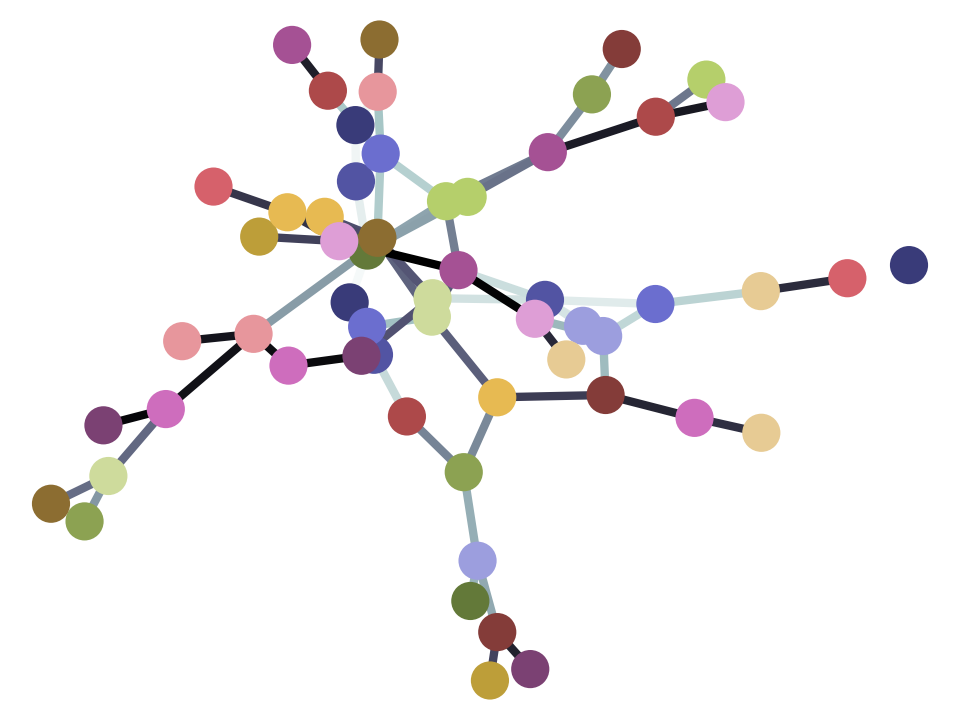Chronic kidney disease dataset¶
The chronic kidney disease (CKD) dataset is a processed version of the original from https://archive.ics.uci.edu/ml/datasets/Chronic_Kidney_Disease.
See the processed CKD dataset page for more detail.
The data are blood tests and other measures from patients with and without CKD. There are 400 rows, one per patient; these are patients seen over a period of about two months at some point before July 2015, in a hospital in Tamil Nadu, India; maybe Apollo Reach Karaikudi.
Of the 400 rows, 250 correspond to patients with CKD and the remaining 150 rows correspond to patients without CKD. This information is in the “Class” column of the dataset.
Here is a description of each column, from the header of the original data file with some annotations by me (Matthew Brett), each preceded by “MB: “:
Age: age in years
Blood Pressure: : BP in mm/Hg (MB: presumably diastolic blood pressure)
Specific Gravity: one of (1.005,1.010,1.015,1.020,1.025); (MB: see https://en.wikipedia.org/wiki/Urine_specific_gravity)
Albumin: one of (0,1,2,3,4,5) (MB: in urine)
Sugar: one of (0,1,2,3,4,5) (MB: in urine)
Red Blood Cells: one of (“normal”, “abnormal”) (MB: in urine)
Pus Cell: one of (“normal”, “abnormal”) (MB: in urine)
Pus Cell clumps: one of (“present”, “notpresent”) (MB: in urine)
Bacteria: one of (“present”, “notpresent”) (MB: in urine)
Blood Glucose Random: in mgs/dl
Blood Urea: in mgs/dl
Serum Creatinine: in mgs/dl
Sodium: in mEq/L
Potassium: in mEq/L
Hemoglobin: in gms
Packed Cell Volume: (MB: volume percentage; see https://en.wikipedia.org/wiki/Hematocrit)
White Blood Cell Count: in cells/cumm
Red Blood Cell Count: in millions/cmm
Hypertension: one of (“yes”, “no”)
Diabetes Mellitus: one of (“yes”, “no”)
Coronary Artery Disease: one of (“yes”, “no”)
Appetite: one of (“good”, “poor”)
Pedal Edema: one of (“yes”, “no”)
Anemia: one of (“yes”, “no”)
Class : one of (“ckd”, “notckd”) in
ckd_full.csv) or (1,0) inckd_clean.csv, where 1 corresponds to “ckd”).
ckd_clean.csv has the same data as ckd_full.csv, but with all rows
containing missing values dropped. Also, the last column Class has a different coding, as above.
L. Jerlin Rubini created the data, with the collaboration of Doctors P. Soundarapandian and P. Eswaran. See the original file or the link above for details.
You can download copies of the data from the following links:
